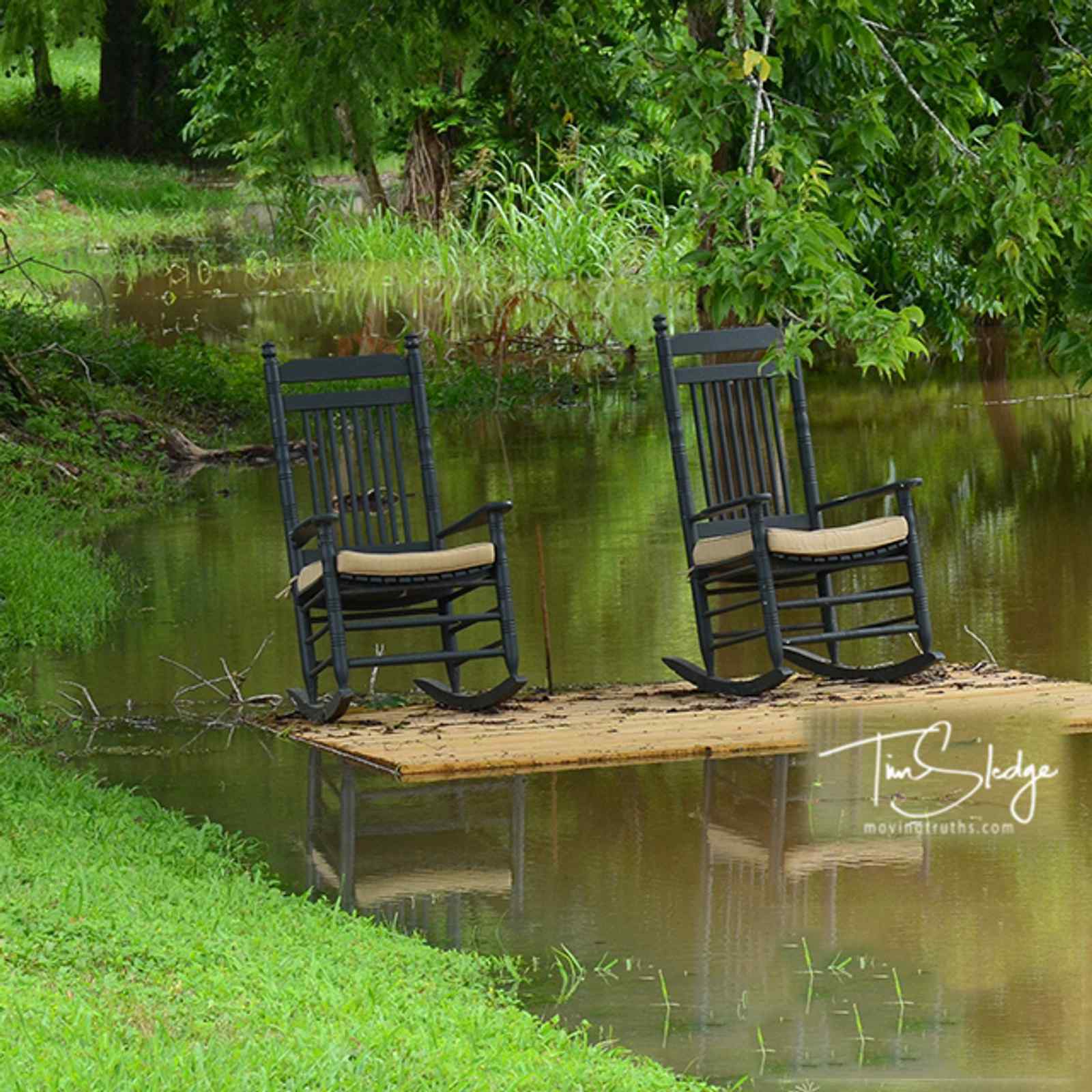Serenity: Adapting the Serenity Prayer for Secular Use
The Serenity Prayer is used by participants in Alcoholics Anonymous and other 12-Step groups as an ever-present tool for keeping things in perspective.
God grant me the serenity to accept the things I cannot change, the courage to change the things I can, and the wisdom to know the difference.
I learned the value of The Serenity Prayer while working on recovery as an adult child of an alcoholic for five days in 1988 at The Meadows, a treatment center in Arizona. I was still a pastor at the time, and the experience was life changing. The recovery process made me more aware of the need to acknowledge the things I could and could not control. And it reminded me to ask God for help with this task.
As a Christian, a foundational principle of my faith was the belief that God is in control. I believed that in the big scheme of things, nothing outside God’s permissive will could or would happen. So, The Serenity Prayer wasn’t just a reminder of what I could or couldn’t change. It was also a reminder that God was in control.
Even with my strong faith, having grown up in a home where alcoholism was present, I had a keen dislike of things feeling out of control, and that made The Serenity Prayer especially meaningful to me.
Now, I don’t believe any God is in control of things or is available to grant me serenity. I have no promises to claim about what will or won’t happen. It was a big leap from believing God has the whole world in his hands to the decision that no God exists.
When I left my faith, I had to acquiesce to a greater possibility that things might get out of control, and prayer was no longer an option.
I have no problem with secularizing and repurposing practical tools for meaningful living from religious sources—something that is especially easy to do with The Serenity Prayer.
Creating my secular version was simple. I changed “God grant me” to “I seek.”
I seek the serenity to accept the things I cannot change, the courage to change the things I can, and the wisdom to know the difference.
It’s no longer a prayer, but in my view, it works just as well as when I used it as a prayer. A secular mindset increases the need for getting comfortable with a lack of control over what happens in life and, if anything, admitting what I cannot change is now even more empowering.
Navigating relationships, dealing with toxic thinking patterns, coping with suffering, evil, and danger in our world, and managing our health concerns all cry out for a serenity that comes from being wise about what we can change and what we can’t. And the insight conveyed by a simple parable is relevant: A couple on vacation noticed an older fellow sitting on a porch in a rocking chair and emanating peacefulness, so much so that they asked him his secret.
His reply: When it rains, I let it.
Regardless of your perspective on faith, I recommend the habit of remembering that some things are beyond our control. There’s something peaceful about letting go of what you’re only pretending to oversee. There’s something empowering about seeking the courage to change what can be changed. And it’s good to remind yourself that wisdom is often required to know what you can and cannot alter.
Meaningful living takes a hit whenever we exhaust ourselves by wrestling with situations that will never respond to our efforts. With wisdom, we can determine when letting go is the best way to take hold of the situation and when our best efforts can change things for the better.
Serenity Matters: Seek the serenity to accept the things you cannot change, the courage to change the things you can, and the wisdom to know the difference.
—from How to Live a Meaningful Life: Focusing on Things that Matter Copyright © 2019 by Tim Sledge. All Rights Reserved
Tim Sledge shares insights for growth on his Moving Truths website and his latest book is Four Disturbing Questions with One Simple Answer: Breaking the Spell of Christian Faith.

